
views
X
Trustworthy Source
Recovery.org
Resource run by the American Addiction Centers organization providing people with educational resources about substance abuse
Go to source
Don’t worry! With patience and commitment, you can begin to taper off Ambien while finding healthy, natural alternatives for your bedtime routine.
Tapering Schedule

Ask a doctor to supervise you while you stop taking zolpidem. Withdrawal symptoms can be pretty intense and difficult to deal with on your own. Your doctor can offer more specific advice, and help you create a personalized treatment plan to taper off and detox from your medication. Some doctors may help you transition off zolpidem by prescribing extra medications.
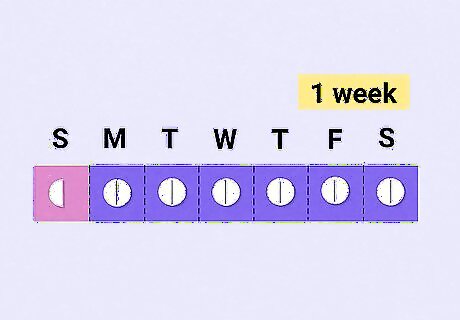
Add 1 low dose to your regimen each week. Take your regular dose of zolpidem throughout the week, but take the lowest possible dose for 1 day of the week. For example, take a 10 mg dose on Monday through Saturday, and take a 5 mg dose on Sunday. Unfortunately, there is no one-size-fits-all approach to detoxing from zolpidem. This sample tapering schedule may work for some people, but it’s always best to talk with your doctor for a specific, personalized treatment plan.

Take 2 lower doses during the second week. Follow your regimen as usual for the first 5 days of the week. On the weekend, take the lower dose instead.
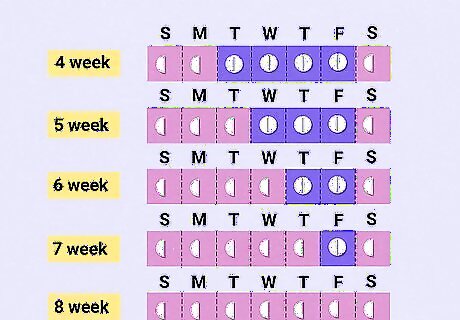
Add 1 more low dose to your regimen each week until you’re only taking the small dose. On the third week, take the lower dose for 3 days of the week. During the fourth week, take your low dose for 4 days. Repeat this process week by week until you’re taking the lower dose every day. Listen to your body as you taper off. You can always speed up or slow down the tapering process as needed!

Repeat this process until you’re completely tapered off the medication. Follow the same pattern each week, adding lower and lower doses to your weekly regimen 1 day at a time. Split the pills into halves and quarters as needed, until you’ve completely weaned off the pills.
Withdrawal Management

Expect withdrawal symptoms to last around 1-2 weeks. Stopping zolpidem can come with a wide range of side effects, ranging from fever, nausea, vomiting, convulsions, rebound insomnia, cramps, sweating, mood swings, and more. Don’t worry—while these symptoms may seem alarming, they’re very common for people who have weaned off the medication. Typically, you’ll experience the worst, most intense symptoms during the first 3-5 days. Within 2 weeks, your physical withdrawal symptoms should go away. The length of your withdrawal symptoms really depends on your original dose, the length of time you took it, and whether you used the extended-release version. The extended variety of the pill comes in a higher dose, which leads to a more severe withdrawal. Withdrawal symptoms tend to be worse if you take zolpidem with alcohol or other drugs.

Sign up for cognitive behavioral therapy (CBT). CBT treatment takes a deep dive into your thoughts and behaviors, and helps tackle your insomnia from a mental perspective. Talk to a doctor or mental health professional and see if this type of therapy is a good option for you and your lifestyle. Studies show that CBT can be a big help if you’re getting off sleep aids.
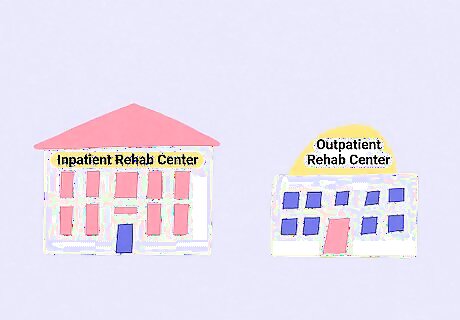
Enter a detox program for a little extra support. It can be tough to taper off your medication at home, especially if you’re really dependent on zolpidem. You’re not alone! If you’d like some extra support, check into an inpatient rehab center—there, medical professionals will help you adjust to a healthy routine. If you’re looking for a more relaxed option, outpatient rehab might be the solution for you. During outpatient rehab, you can detox while following your usual routine at home.

Join a 12-step program if you were really dependent on sleep aids. Twelve-step programs provide a great sense of community as you adjust to a new routine without zolpidem. If you’re really struggling with your new medication adjustments, you're not alone. Other people have also struggled with zolpidem/Ambien addiction. Pop into a Narcotics Anonymous or All Addicts Anonymous meeting and see how you feel there. These types of programs provide some guidelines that you can lean on, and often add a spiritual element to your recovery.
Healthy Sleep Habits

Create a consistent routine to prevent insomnia. Step away from your computer, phone, tablet, or any other electronics before you head to bed. Instead, spend that time doing some relaxing activities, like reading a good book, listening to soothing music, or doing yoga. While you settle into this routine, dim the lights a bit, which will naturally increase your melatonin levels. The locust pose is a great way to stretch and relax before before bed.
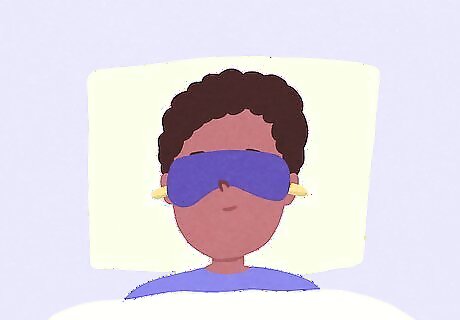
Arrange your room so it’s dark and comfortable. A good sleep environment can make all the difference when you’re trying to fight insomnia. Slip in some ear plugs and wear an eye mask to make your sleeping area more comfortable. Additionally, keep the space dark and well-ventilated, so it’s easy for you to fall asleep.
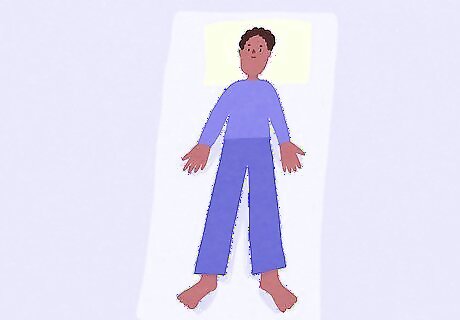
Practice progressive muscle relaxation when you’re in bed. Get into a comfortable position where you can totally relax. Tighten up all the muscles in your feet for 10 seconds, and then let them relax. Continue to tense each muscle group for 10 seconds, and then relaxing the muscles altogether. Repeat this process all the way up to your head. Start from your feet and end with your head.
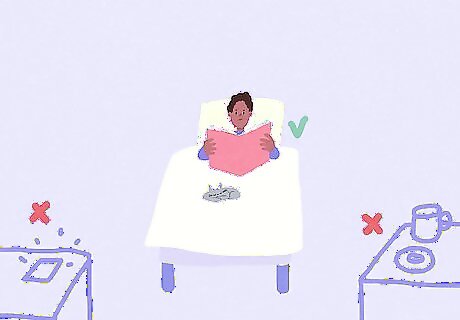
Avoid activities, devices, and foods that leave you feeling wired. Step away from your electronic devices at least 1 hour before bed—unfortunately, they can make it harder for you to fall asleep. Additionally, cut back on extra naps and caffeine—while they seem great at the time, they can leave you feeling wired and restless around your bedtime. Leave any stressful or thought-provoking tasks for the following day. If you typically enjoy a snack before bed, stay away from fatty, spicy, fried, or citrusy foods. These can lead to indigestion, which can give you some sleeping trouble.




















Comments
0 comment